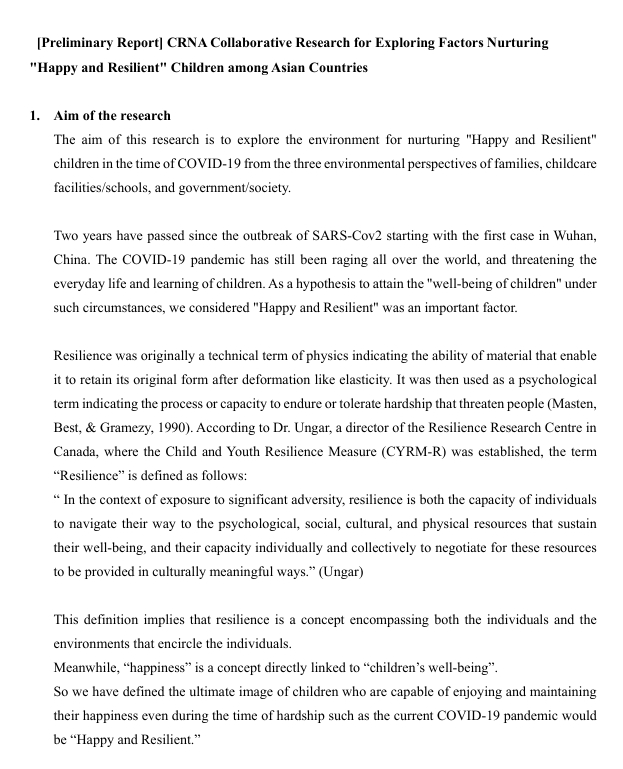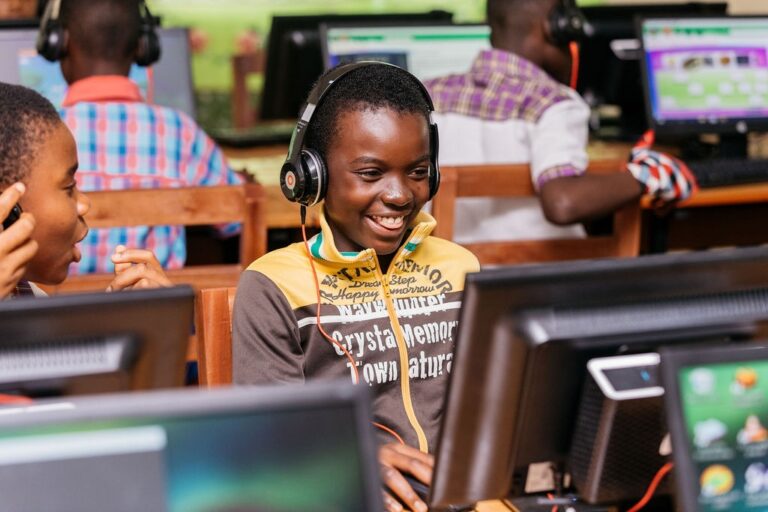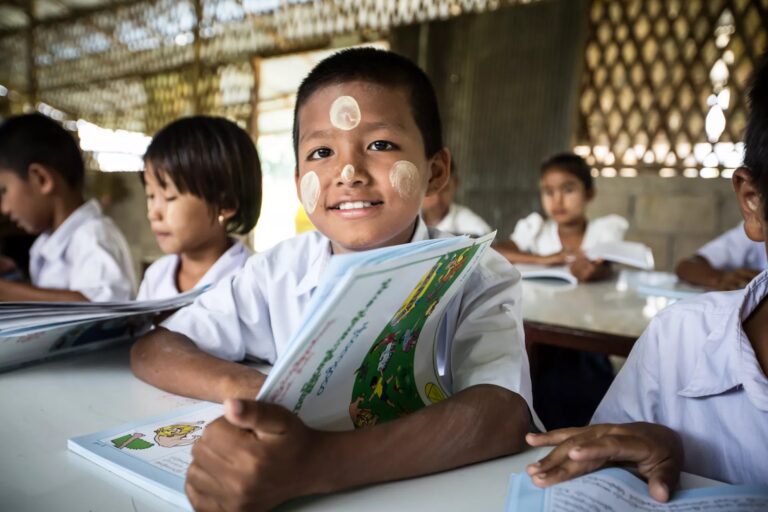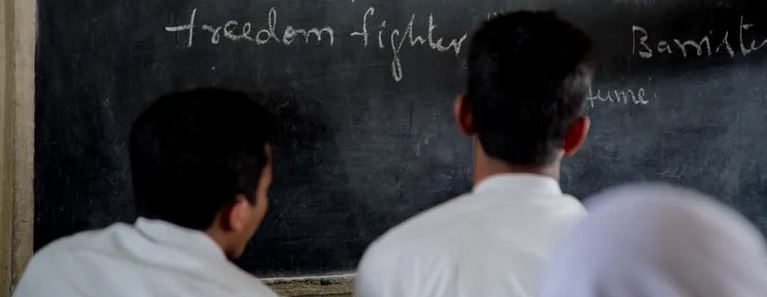Aim of the Research
The aim of this research is to explore the environment for nurturing “Happy and Resilient” children in the time of COVID-19 from the three environmental perspectives of families, childcare facilities/schools, and government/society.
Two years have passed since the outbreak of SARS-Cov2, starting with the first case in Wuhan, China. The COVID-19 pandemic has still been raging all over the world and threatening the everyday life and learning of children. As a hypothesis to attain the “well-being of children” under such circumstances, we considered “Happy and Resilient” as an important factor.
Resilience was originally a technical term of physics, indicating the ability of material that enables it to retain its original form after deformation, like elasticity. It was then used as a psychological term, indicating the process or capacity to endure or tolerate hardship that threatens people (Masten, Best, & Gramezy, 1990). According to Dr. Ungar, a director of the Resilience Research Centre in Canada, where the Child and Youth Resilience Measure (CYRM-R) was established, the term “Resilience” is defined as follows:
“In the context of exposure to significant adversity, resilience is both the capacity of individuals to navigate their way to the psychological, social, cultural, and physical resources that sustain their well-being, and their capacity individually and collectively to negotiate for these resources to be provided in culturally meaningful ways.” (Ungar)
This definition implies that resilience is a concept encompassing both the individuals and the environments that encircle the individuals.
Meanwhile, “happiness” is a concept directly linked to “children’s well-being.”
Thus, we have defined the ultimate image of children who are capable of enjoying and maintaining their happiness, even during hardships like the COVID-19 pandemic, as “Happy and Resilient.”It is clear from Bronfenbrenner’s ecological system theory that the surrounding environment greatly influences the growth of children. In this study, we aim to examine the relevance of environmental factors surrounding children and how they contribute to nurturing “Happy and Resilient” children.
We are convinced that exploring the environments fostering children’s “Happy and Resilient” development will offer valuable insights into better ways to interact with children during the unpredictable COVID-19 pandemic.Even after the pandemic ends, what we learn from the survey will enable children to thrive in this rapidly changing and unforeseeable time.
It is necessary to adopt appropriate indicators of happiness and resilience for evaluating the environmental factors fostering “Happy and Resilient” children. We have employed the KINDL scale to monitor children’s happiness. KINDL was developed by Ravens-Siebere & Bullinger (1998) to measure children’s QOL (Quality of Life), a concept virtually identical to well-being or happiness.
For the measurement of resilience, we have employed the CYRM-R scale, developed by the Resilience Research Center in Canada. Both scales consist of simple questions and are easy to administer.This survey will be conducted as a collaborative effort among the board members of CRNA (Child Research Network Asia) from eight countries: Japan, Mainland China, Indonesia, Malaysia, the Philippines, Singapore, Taiwan, and Thailand. This parallel survey will enable us to compare results across participating countries, and studying the similarities and differences will give us a great chance to deepen our mutual understanding through discussions.






